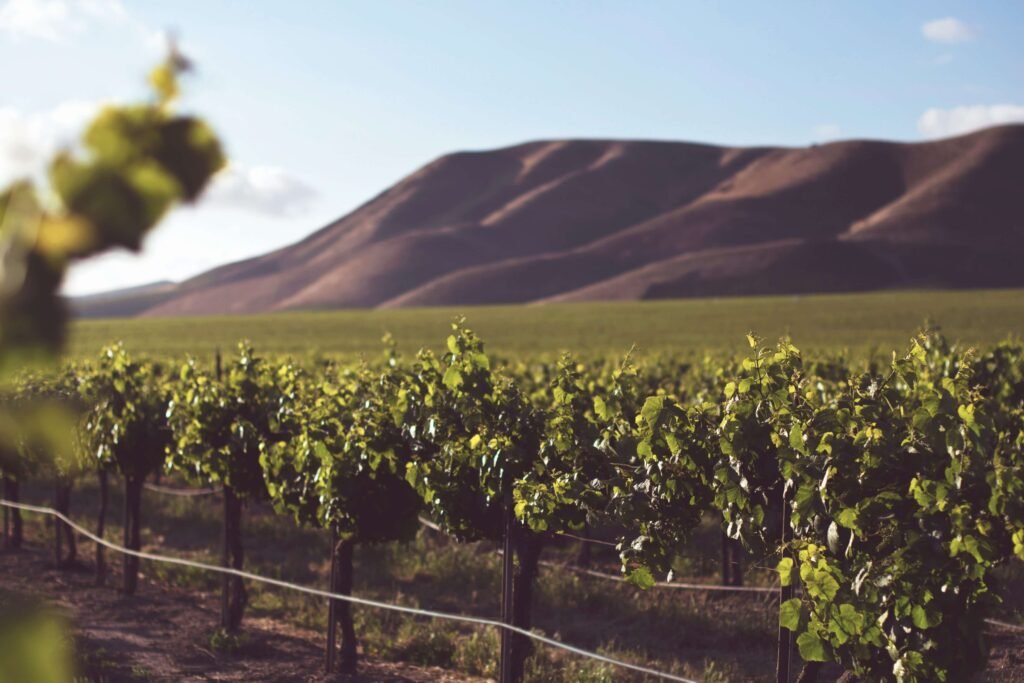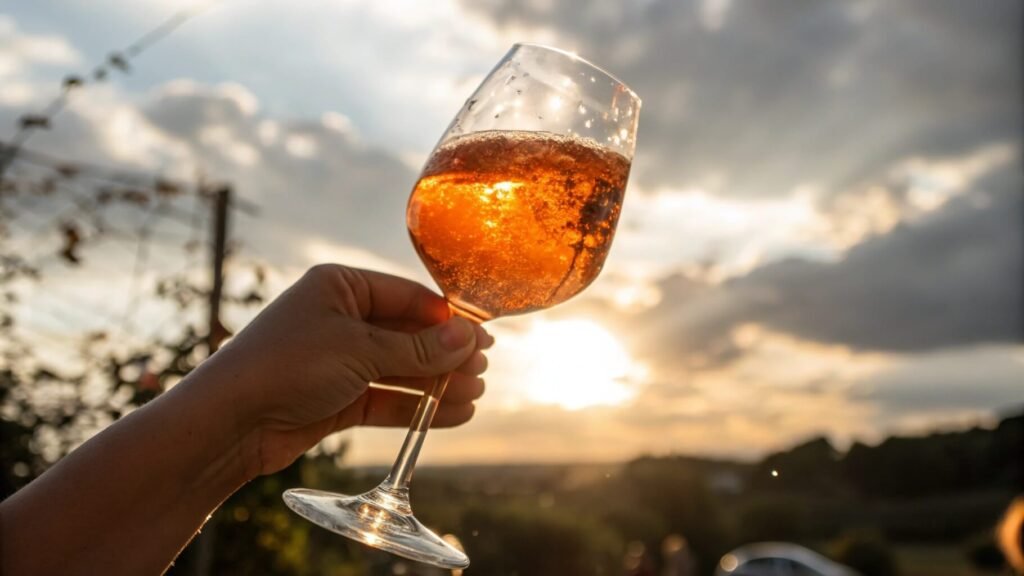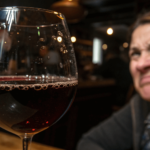Have you ever taken a sip of natural wine and thought, “Whoa, this is different“? I remember my first encounter with a natural orange wine at a tiny Barcelona wine bar. The sommelier poured what looked like cloudy amber sunshine into my glass, and with one sip, I realized I was tasting wine in its most honest form – wild, unpredictable, and absolutely fascinating.
Today, we’re diving deep into why natural wines dance to their own tune when it comes to taste. Whether you’re a curious newcomer or a wine enthusiast, get ready to explore the delicious world of natural wine’s unique flavor profiles.
What Makes Natural Wine Taste So Different?
The distinctive taste of natural wine comes down to one core philosophy: minimal intervention. Unlike conventional wines, which often undergo various mechanical and chemical processes, natural wines are made with a “hands-off” approach. This fundamental difference creates several key factors that influence their taste:
- Wild Fermentation
- Natural yeasts from the vineyard and winery environment
- Unpredictable fermentation patterns
- Complex flavor development
- No Added Sulfites
- Brighter, more vivid flavors
- More pronounced fruit characteristics
- Sometimes shorter shelf life
- Unfiltered Nature
- Contains natural sediments
- Fuller mouthfeel
- More intense aromatics
The Wild Side: Understanding Those Funky Flavors

One of the most common questions I get is, “Why do natural wines often have funky or earthy notes?” The answer lies in the wild fermentation process. When winemakers allow native yeasts to do their thing, they’re essentially letting nature run its course – just as it has for thousands of years.
These wild yeasts create unique flavor compounds that you might recognize as:
- Kombucha-like tanginess
- Apple cider notes
- Farmyard earthiness
- Sourdough bread qualities
Natural vs. Conventional: A Taste Comparison
| Characteristic | Natural Wine | Conventional Wine |
| Consistency | Variable | Standardized |
| Texture | Often cloudy | Clear, filtered |
| Flavor profile | Wild, unique | Predictable |
| Aromatics | Intense | Controlled |
| Body | Usually lighter | Consistent |
The Time Factor: Aging and Natural Wines
Can aging affect the flavor profile of natural wines? Absolutely! Natural wines can age beautifully, but they often do so differently than conventional wines. Without added sulfites (or with minimal amounts), these wines evolve more rapidly and unpredictably.
Some aging characteristics include:
- More pronounced tertiary flavors
- Quicker evolution in the bottle
- Greater variation between bottles
- Sometimes shorter optimal drinking windows
Minimal Intervention: Nature’s Fingerprint

The minimal intervention approach fundamentally shapes natural wine’s taste profile. Think of it like this: if conventional winemaking is like a carefully choreographed dance, natural winemaking is more like freestyle jazz – spontaneous, expressive, and sometimes wonderfully unpredictable.
Here’s how minimal intervention affects taste:
- No commercial yeasts = more complex fermentation flavors
- No additives = purer expression of the grape and terroir
- No filtering = more texture and body
- Little to no sulfites = more vibrant, alive characteristics
Understanding Natural Wine’s Variability
Are natural wines more variable in taste than conventional wines? In short: yes. This variability isn’t a flaw – it’s a feature! Each bottle tells its own story, influenced by:
- Weather conditions during growing season
- Specific wild yeast populations
- Storage conditions
- Bottling timing
Tips for Enjoying Natural Wine
- Serve at the Right Temperature
- Reds: Slightly cooled (55-65°F)
- Whites and oranges: Chilled but not cold (45-55°F)
- Embrace the Evolution
- Let the wine breathe
- Watch how it changes in your glass
- Take notes on different bottles
- Store Properly
- Keep in a cool, dark place
- Drink within suggested timeframes
- Consider refrigeration for longer storage
Natural wine’s unique taste isn’t just different – it’s a window into wine’s ancient past and sustainable future. Each bottle offers an adventure, a chance to taste something truly authentic and alive.
Ready to explore? Start with a natural wine tasting at your local wine shop, or join a natural wine club to discover these fascinating bottles yourself. Remember, the best way to understand natural wine is to taste it – with an open mind and curious palate.
What’s your experience with natural wine? Share your thoughts and favorite bottles in the comments below!

